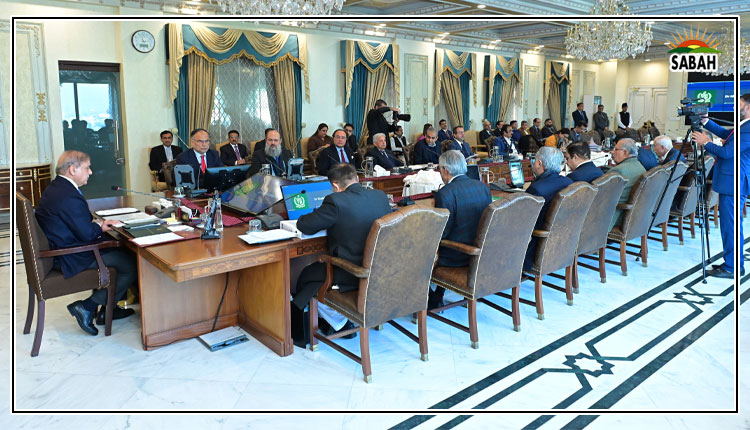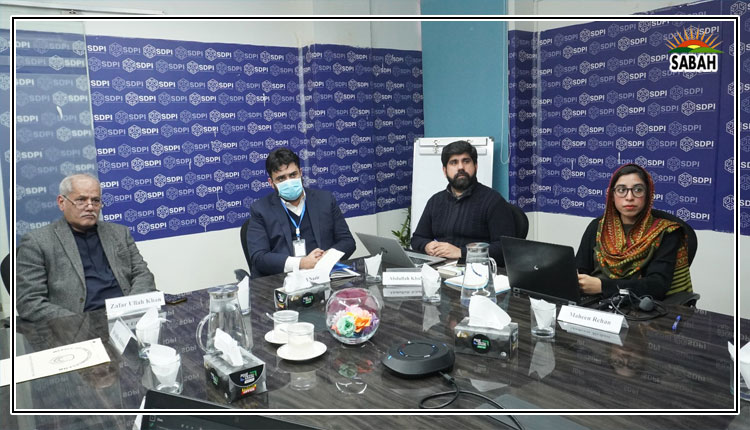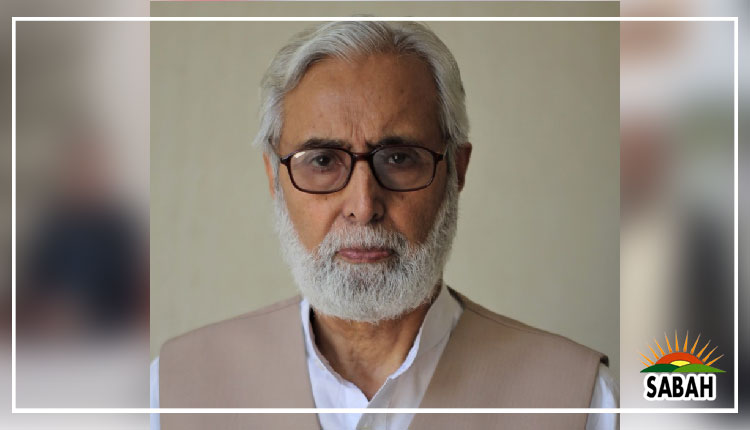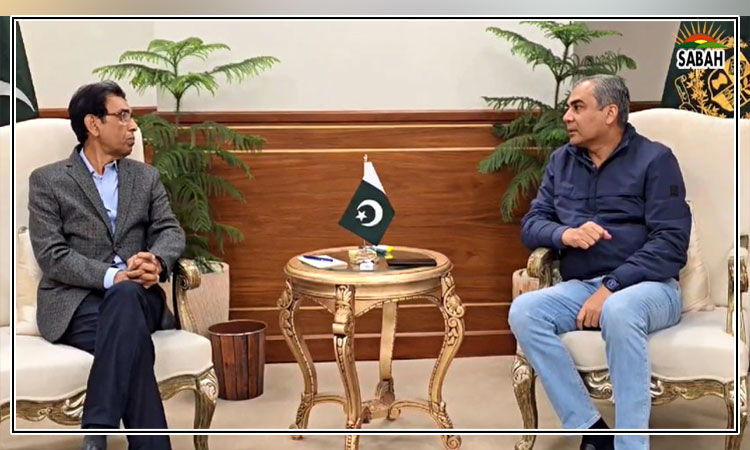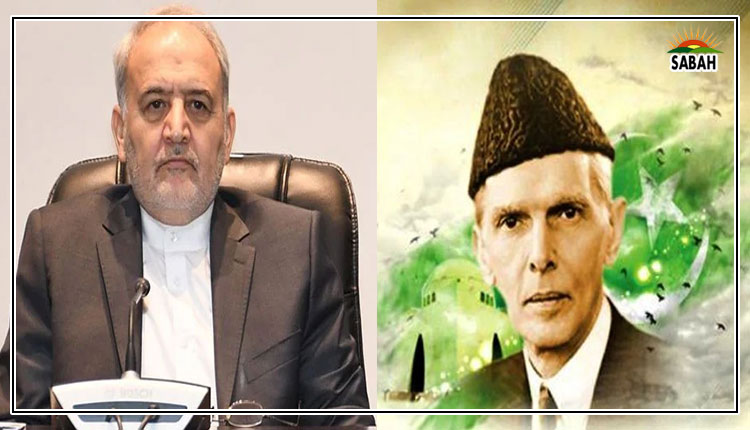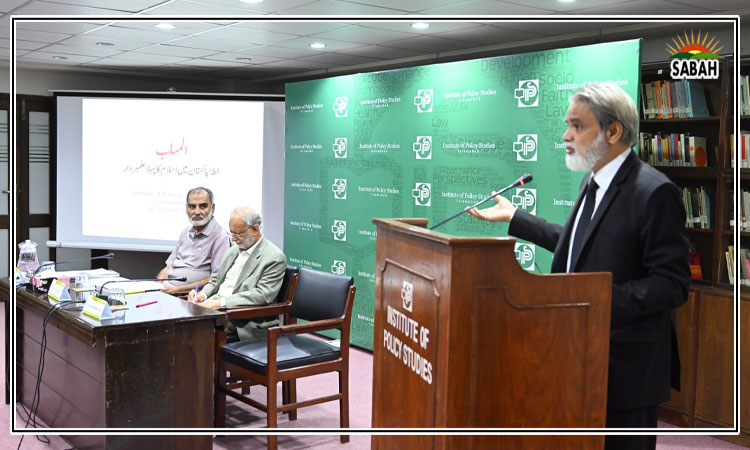Unveiling Al-Muhallab: A new book reassessing Pakistan’s Islamic roots before Muhammad Bin Qasim
ISLAMABAD, Oct 11 (SABAH): Pakistan’s Islamic roots can be traced back to the arrival of Al-Muhallab in 664 AD, nearly five decades before Muhammad bin Qasim landed in 711 AD. Al-Muhallab not only expanded the Islamic frontier but also played a pivotal role in shaping the cultural and religious landscape of present-day Pakistan.
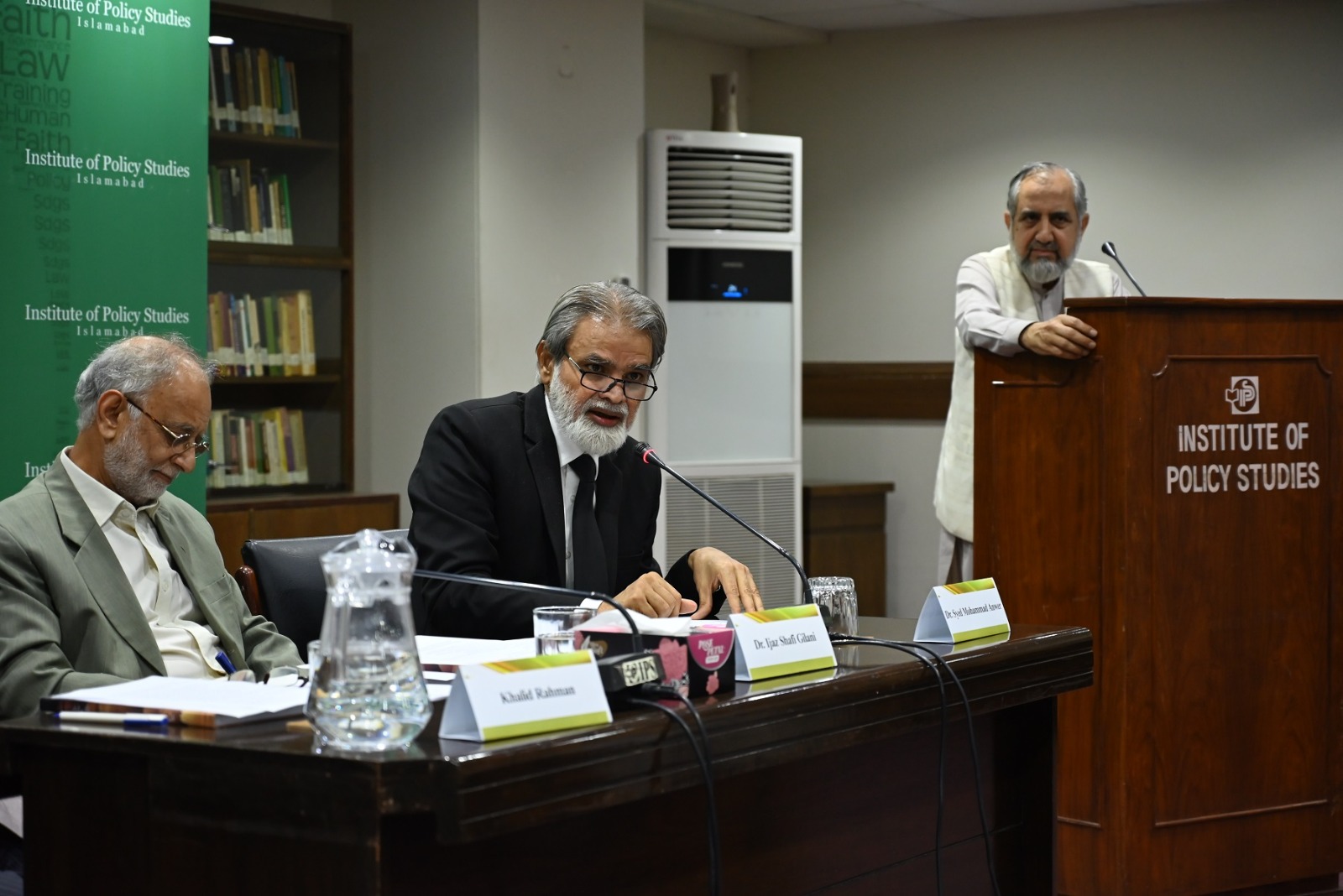
This was noted by Dr. Syed Mohammad Anwer, aalim judge, Federal Shariat Court, at the launch of his latest book, Al Muhallab – Khita e Pakistan Main Islam Ka Pehla Alambardar (The first standard-bearer of Islam in the region of Pakistan) held at the Institute of Policy Studies (IPS), Islamabad.
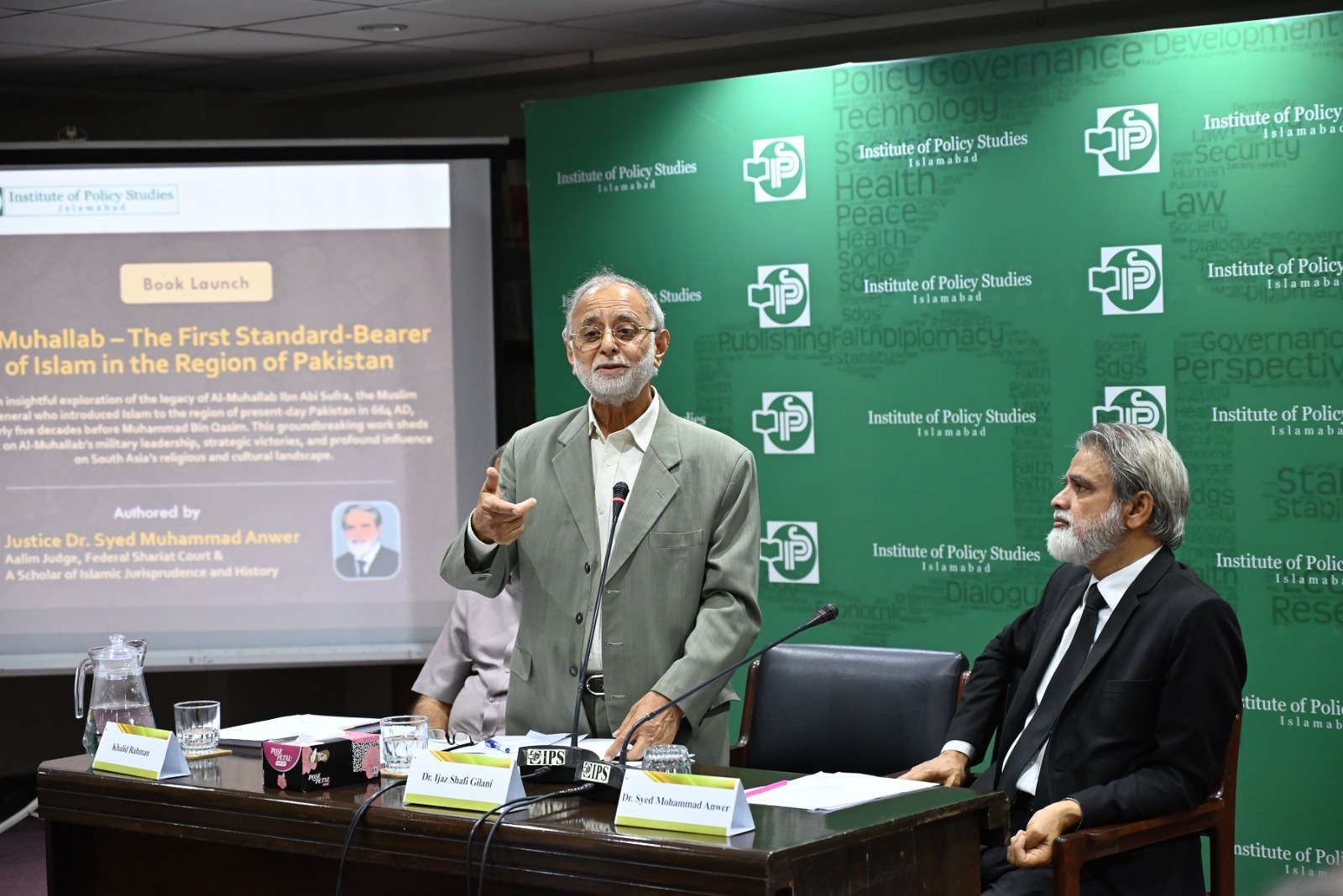
The book offers an insightful exploration of the life and contributions of Al-Muhallab ibn Abi Sufra, a remarkable Muslim general whose legacy in the early Islamic conquests has remained underrepresented in historical discourse.
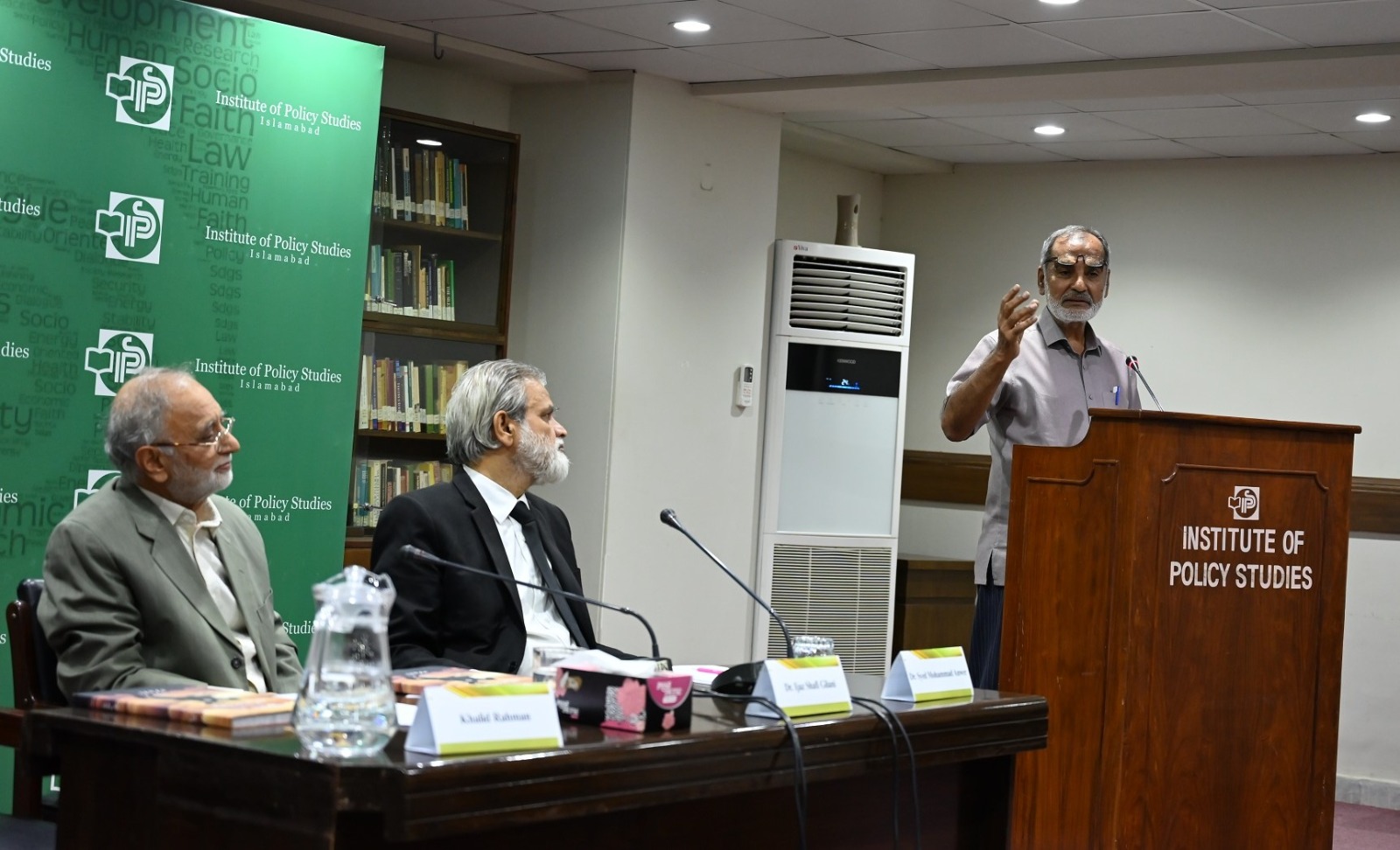
The ceremony was graced by prominent scholars and intellectuals, including Dr. Ijaz Shafi Gilani, founder of Gallup Pakistan, Professor Jalil Aali, prominent writer, intellectual, and poet, Khalid Rahman, Chairman IPS, Ambassador (retd) Syed Abrar Hussain, Vice Chairman IPS, Syed Abu Ahmed Akif, former federal secretary, and Dr. Shahzad Iqbal Sham, senior research fellow at IPS.
Addressing the audience, Dr. Anwer highlighted Al-Muhallab’s exceptional leadership, his military acumen, and his significant victories, demonstrating his use of non-kinetic warfare strategies, including diplomacy and conflict resolution, which hold significant relevance in modern discussions of warfare and fifth-generation warfare tactics. He further explained how Al-Muhallab’s entry into the region can be seen as the starting point of Pakistan’s Islamic history.
He further emphasized that Al-Muhallab’s victories were not just military triumphs but also marked the introduction of a new ideological and cultural wave in the region. He pointed out that the civilizational encounter between Islam and South Asian region did not happen in isolation; rather, it was part of a parallel process of “Islamization of India and Indianization of Islam,” which continued through the centuries.
Underscoring the importance of studying Islam’s interaction with the region’s indigenous civilization, Prof Jalil Aali noted that when a religion enters a new region, it goes through a civilizational process, shaping the norms and also being shaped by the local culture.
“The history of any region is its first identity,” said Dr. Ijaz Gilani while reflecting on how history is not a static field but an evolving narrative that requires constant revisiting and reinterpretation. He said a long-term understanding of Islamic history in Pakistan should not be reduced to a few events and figures as Pakistan has a rich Islamic heritage. He urged readers to recognize the many layers of influence that shaped the region long before the era of Muhammad bin Qasim.
Offering a comprehensive review of the book, Dr. Shahzad Sham noted that the work opens the door to a deeper understanding of the pre-Qasim period of Islamic history in Pakistan, suggesting that the story of Islam in the subcontinent is far more complex and diverse than traditionally thought.
He further said that the book and the discussion around it reflect a larger movement toward reassessing the historical narrative of the subcontinent, encouraging scholars and the public alike to explore figures and events that have been marginalized in history.
In his remarks, Khalid Rahman stressed the need for critical engagement with historical texts and insights. He said the challenge lies in moving forward with such works, integrating new historical insights into national discourse while ensuring that historical understanding is based on verified and reliable sources.



